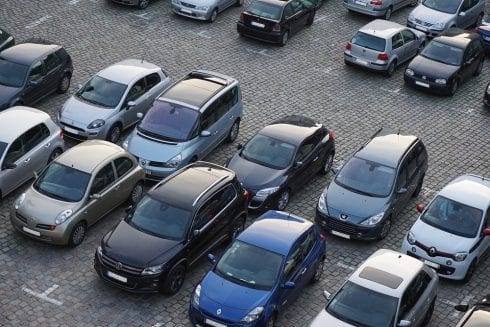A COURT in the popular tourist city of Sevilla has ruled that the local council can legally cut off water supply to unlawful tourist flats.
Over the past year, Sevilla city council disconnected the water supply to six illegally-operated tourist apartments – three owners appealed but the judge adjudicated that the apartments were not the owners’ residences and therefore the action taken by the council was lawful.
Authorities estimate that Sevilla, which has been receiving 3.5million visitors a year since the Covid-19 pandemic, is home to some 5,000 apartments which are illegally let to tourists visiting the historic city.
Around 9,000 tourist flats in the city operate legally.
They hope the measure will dissuade the proliferation of tourist apartments, either run without a licence or in breach of regulations, which many locals blame for driving up rental prices and forcing residents to move out of the historic centre.
Jose Luis Sanz, the conservative Partido Popular (PP) mayor of Sevilla, had previously vowed to ‘act with zero tolerance on tourist flats that operate irregularly’ by ‘implementing more control and firmer sanctions’.
His council will target agencies that manage the illegal apartments, rather than the property owners, given that many live abroad and can be difficult to trace and bring to justice.

However, the left-wing opposition said the plan to cut water supply would be ineffective given the current rate of inspection is 10 properties a week, meaning an inspection of the estimated 5,000 illegal apartments in the city would take years to complete.
Andalucia is home to 117,000 properties that are operated as tourist apartments, the most for any region in Europe.
Local residents in popular tourist locations across Spain have complained that over-tourism and the proliferation of tourist flats has driven up rental prices, making many cities unaffordable for residents who are forced out.
In June, Barcelona’s mayor Jaume Collboni announced that the city would effectively ban tourist apartments by 2028 by not renewing the licences of over 10,000 legally operated flats.
Conservative councils in Valencia and the Balearic Islands have vowed to crackdown on illegal apartments, whilst the Canary Islands have launched a plan to use the police to enforce tighter regulations.
The PP regional government in Madrid has been criticised for its approach given that research estimates that 92% of the capital city’s 13,502 apartments are illegal.
Click here to read more Spain News from The Olive Press.








